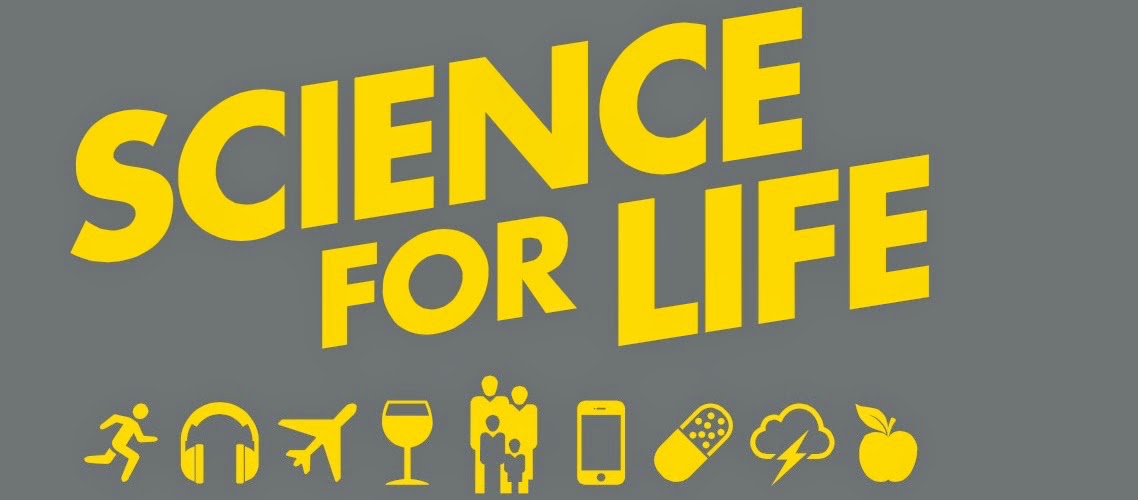We are often warned of the dangers to the environment of leaving phone chargers plugged into the mains because they are still using current. This can seem a little counter-intuitive. After all, an electrical socket doesn't leak electricity when there's no plug in it, so why should a phone charger, if there is no phone attached?
Unlike the socket, the charger has something at work even if there is no phone present. The charger has to convert the high voltage AC current of your mains down to the low voltage DC used to charge a phone. This involves passing the mains current through a transformer, and transformers have two complete electrical circuits, one for the input and one for the output. This means that the input circuit does use power, even if there is no device to receive the output. (Contrast this with the electrical socket, where the circuit is broken unless something is plugged in.)
However, the power usage of such a charger when not in use is tiny - around 0.1 watts. Compare that with a traditional bright light bulb at 100 watts - it's 1/1000th the amount. So by all means unplug your phone charger when not in use, but don't think it's going to make a big difference. You can do far, far more by switching to LED light bulbs, fitting double glazing, turning the heating down by 1 degree, insulating your house better and all the other ways that are traditionally recommended for saving energy.
